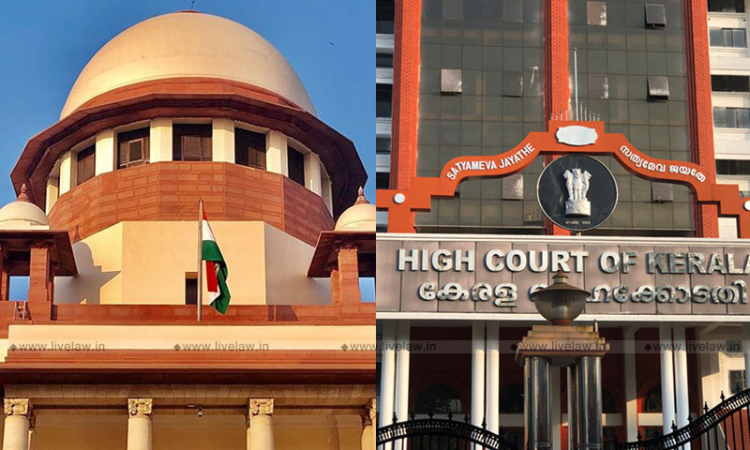Supreme Court Issues Notice On SLPs Against Kerala High Court Judgment On Minimum Wages Rules
LIVELAW NEWS NETWORK
11 Dec 2020 1:50 PM IST

Next Story
11 Dec 2020 1:50 PM IST
The Supreme Court on Friday issued notices on two special leave petitions filed against a judgment of the Kerala High Court dealing with amendments brought to the Kerala Minimum Wages Rules.The SLPs were filed by the State of Kerala and Tata Consultancy Services Ltd.The High Court had struck down an amendment brought to the Rules which mandated the payment of wages electronically through...
